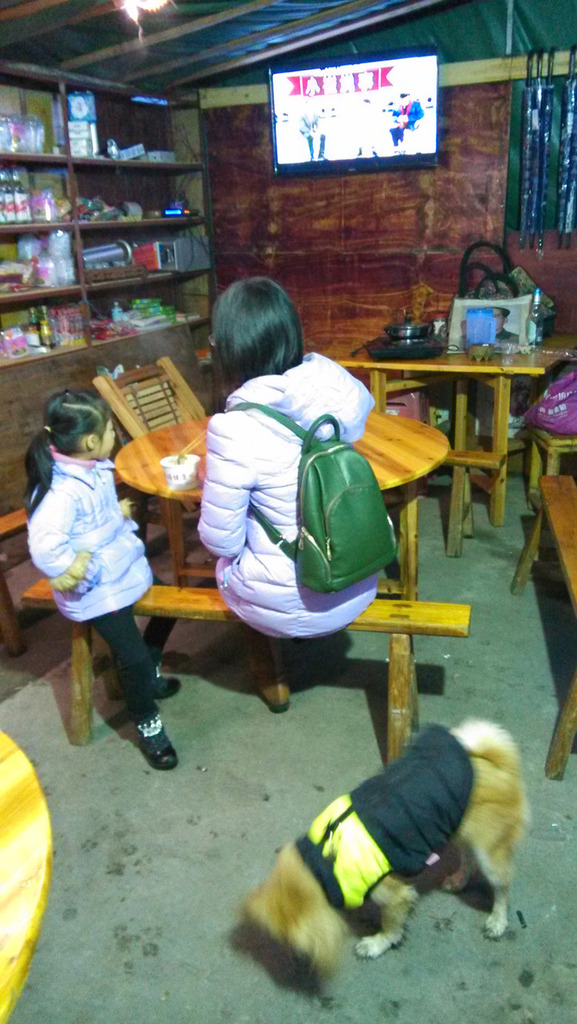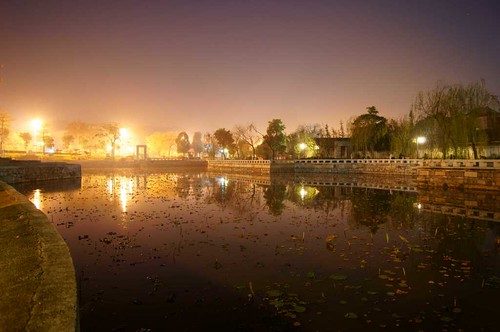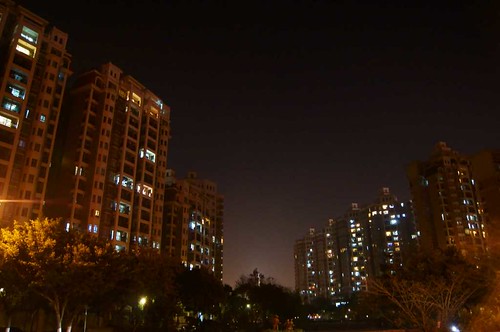Curiously, over about seven years living in China, travel has become both more and less interesting at the same time. The ability to chat with people has made special experiences more common, like the time I got invited to dinner at a village blacksmiths house. Or toasting with the CEO at a corporate dinner. At the same time I also feel progressively more and more like I’m at home wherever I go, and people are the same, and therefore what’s the point of going anywhere? Just last week I went up into the mountains in the north of Guangdong province for what was meant to be a great adventure, and it was simultaneously quite special and a bit ordinary.
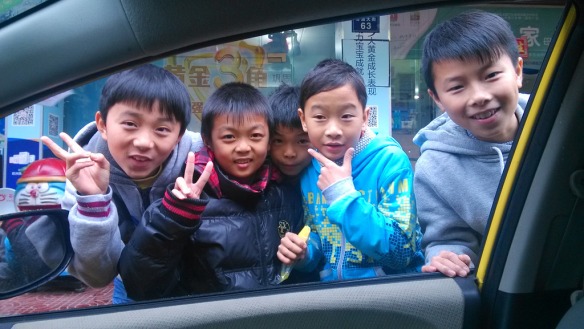
A homeless woman (these kids said she was ‘crazy and steals fruit’) saw me feeding char sui pork to my dog, so I gave her a pack of dried squid to assuage my guilt. The boys said I was nice and asked innocently if I had anything for them. I gave them some Thai mango. It seemed to go down well.
In order to break out of my shallow rut of traveling places with ease and seeing the same things, I rented a car and drove myself. Just to add a little fun I also took along Molly, my little dog. The slight sense of danger driving on Chinese roads, coupled with the scenery, the newness of genuine mobility here, and the charm of sweet little Molly made it a nice, fun trip, but there was still that creeping edge of staleness. At one point I was in the village square in ‘Thousand Year Yao Village’ where I stayed: The biggest, oldest, and most authentic Yao minority village in the province. I got talking to a store owner and paid the obligatory compliments to her about how beautiful the village was, and she replied by saying ‘Yeah, but it’s a bit too quiet here’, which is not what ethnic minorities in mountain villages are meant to say. This place was about as undeveloped as you can get in Guangdong. People wore traditional colourful, embroidered clothing to go about their daily business, collected firewood on the mountains and lived in wooden buildings, but I guess people there get bored, too. One guy was trailing half a dozen horses around that were used for carrying building materials into the village, mostly sand for concrete and whole, debarked tree trunks. He looked rustic, scruffily dressed, and what did he want to talk about? How much people earn in the city. Like other people in the countryside he guessed at 10,000rmb a month because it’s a round figure and way more than they earn. He said salaries around there were 2-3000rmb a month. I’ve had that conversation numerous times. Incidentally, Molly took his horses for big dogs, and barked at one that came too close. He advised me to keep her away from them.
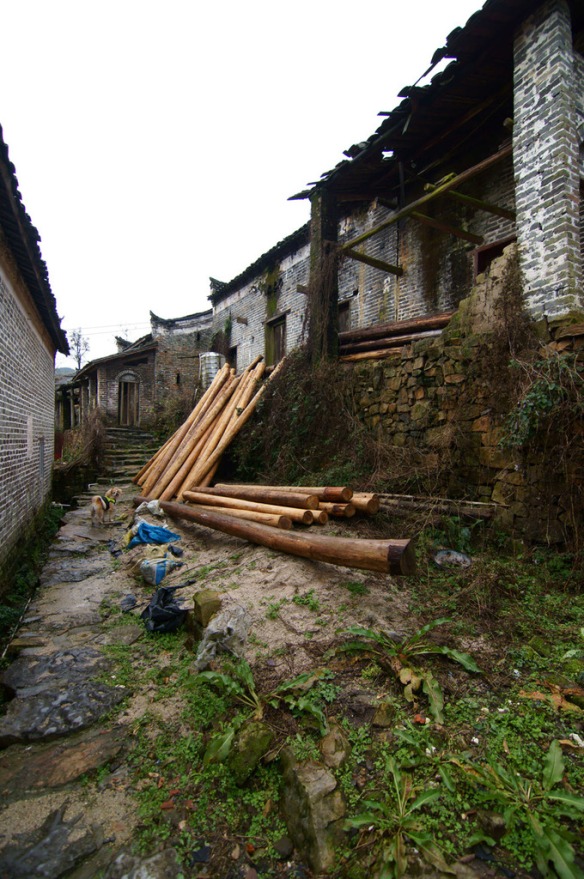
Taking Molly along felt like an inspired choice at the start. She didn’t whine in the car and was fun to have along on walks, scampering around the mountainside, but I also put her in a bit of danger. Twice dogs tried to bite her, and the second time was a close call. Most dogs were scared of me as I expected, but that second one was a mean devil, and went for her when she was off her leash close to me. The dogs were loose on the street all over the place in bigger numbers than I expected. Overall, travelling with a dog in China is fun, but be selective about where you go. Staying in an isolated village like that is unwise, because the dogs are loose. Anywhere slightly more developed and they will be in yards, and you won’t know which it is until you get there. Hiking through a place like that and hanging around it on their turf are two different things in terms of risk for your dog. Also, your dog may regress/ behave strangely if you take it away. Molly peed on the bed, presumably because her usual toilet wasn’t there or she was too damn cold to go looking for somewhere better. She hasn’t done that at home since she was a little fluffball.
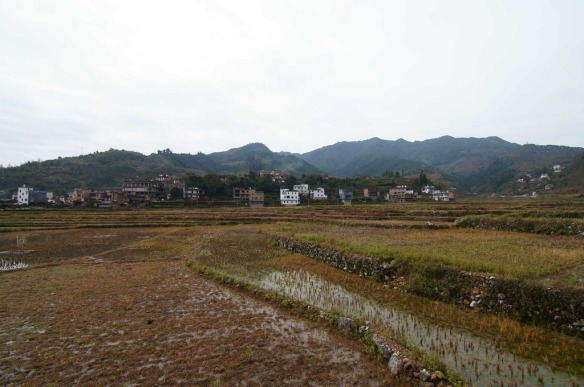
The big news in this post is really about driving for the first time, so let’s close by going back to that. Driving here isn’t as scary as you would think, partly because you won’t drive as aggressively as everyone else. However, there were still risky moments and afternoon rush hour in the city, in the dark, was not fun. I will definitely drive here again, but will continue to avoid busy times and places, and use cars for exploring isolated scenic spots and doing photographic trips. Being able to read the road signs was probably a big help, but people who can’t do that or ask for directions are unlikely to go away alone with a broken satnav.




